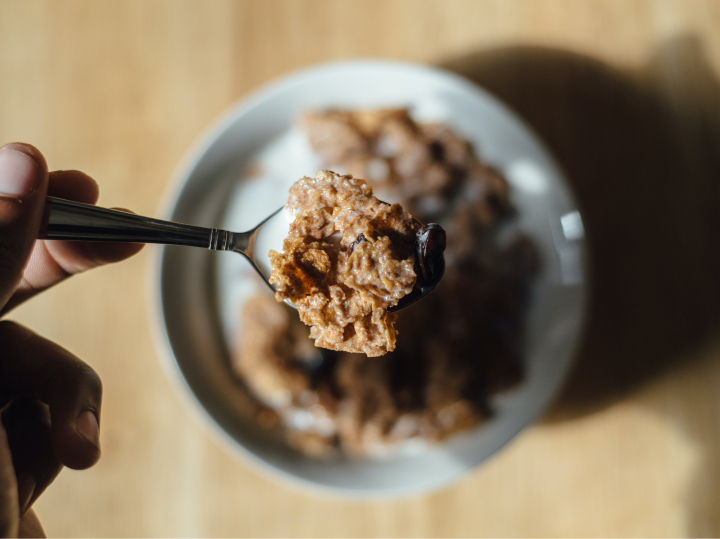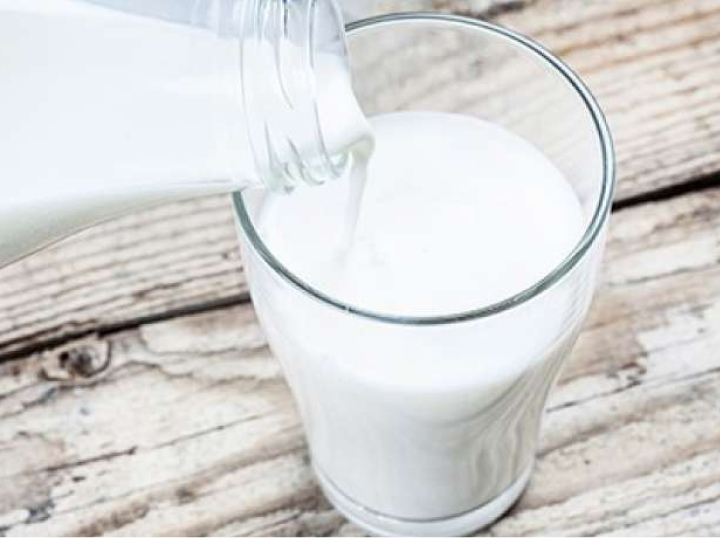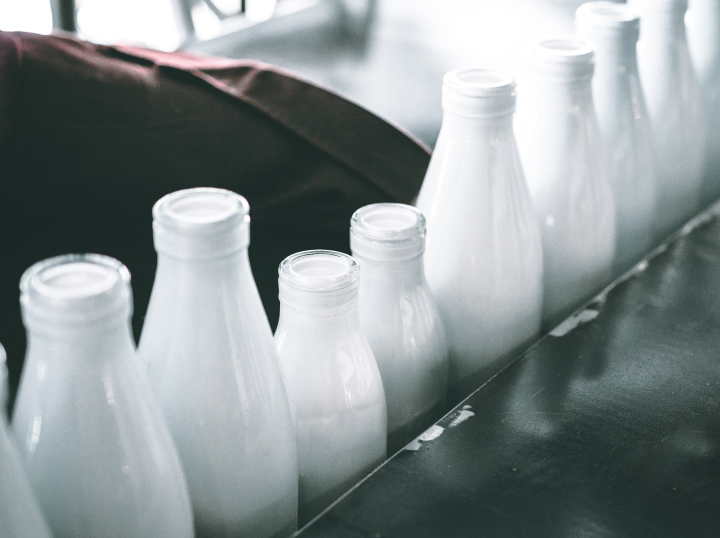Dairy Milk, Sports Recovery, And Getting Back In The Game.
By Pro Basketball Player and Registered Dietitian
Briana Butler When you’re a professional athlete, it’s devastating to have your season suddenly cut short because of an injury. All professional athletes are hardwired with an innate desire to play, and it’s deeply upsetting when you’re held back from doing the thing you love most.
I know because it happened to me.
During a WNBA training camp, I pulled my groin and had to anxiously wait for the moment I could finally return to the court. While recuperating, I suffered in silence, panicked at the thought of having to sit out all physical activities for a week — and at a critical time when I really needed to make an impact on my team.
If only I knew then what I know now: the nutritional choices you make can seriously affect recovery times. If I had access to a time machine, I could’ve told my younger self what I tell my athletes now — to prioritize rest, rehabilitation, and nutrition. Thankfully, I can share the wisdom I learned as an athlete today, that nutrition plays such a crucial role in sports recovery. In fact, neglecting your nutritional needs can lead to improper wound healing, muscle atrophy and delayed bone healing. The end result? It will take you longer to recover, and that’s not good.
Want to understand the science? As a registered dietitian nutritionist and former professional athlete, I’m here to give you the play-by-play.

Supplying energy
While your body works overtime to heal, its energy needs are slightly higher. This energy comes from calories, which is why it’s important to consume the right kind of calories when you’re healing from a physical injury. Without nutrient-dense calories, the body’s ability to heal wounds, mend bones or regrow muscles can be impacted, and the loss of muscle can be increased.
In order to ensure my athletes receive the calories and nutrients they need following injury, I recommend that they include nutritious foods, like milk, in their recovery routine. Milk helps you reach caloric and nutrient goals, and it’s easy to add to your overnight oats or dinnertime sauces.
Muscle repair
Athletes never want to lose muscle mass or strength, but that’s probably going to happen when you’re recovering from an injury. Most muscle loss occurs during the immobilization phase of the healing process, making it even more important to prioritize nutrition when it’s too early for the body to be re-introduced to exercise. Fortunately, protein supports muscle growth and repair while hitting the gym is out of the question: The amino acids present in protein can help preserve your muscle mass while you patiently wait to get back on your feet.
Milk is a good source of high-quality protein and is composed of two different proteins — whey and casein. Both are complete proteins that provide all nine essential amino acids. These foundational building blocks are so important in helping your body recover. Focusing on including high-quality proteins in your diet will ensure your body is prepared when you’re able to get moving again, and milk is a great ally for doing so.
Bone repair and strengthening
Vitamin D and calcium are essential when it comes to healing your bones. They both support bone density and increased strength, and they can help promote bone collagen synthesis — a crucial process that promotes timely bone repair. Of course, dairy milk happens to be an important source of both nutrients — yet another reason I recommend keeping a cold glass on hand while recovering.
Wound healing
While wounds may appear on the outside of the body, what you put into your body is crucial for wound healing and cell growth. It’s important to ensure your diet has the nutrients it needs to do this effectively such as zinc, which helps in healing wounds and protecting the body, vitamin A, which assists with cell growth, and selenium, which aids in protecting the body from free radicals and infection. Milk happens to provide all three, and adding it to your daily smoothie can contribute to reducing oxidative stress and improving blood flow.
The bottom line? Every decision counts when you’re recovering from an injury. With 13 essential nutrients, milk can be a valuable teammate in helping your body in its recovery process and getting you back in the game before you know it. Thirsty?




